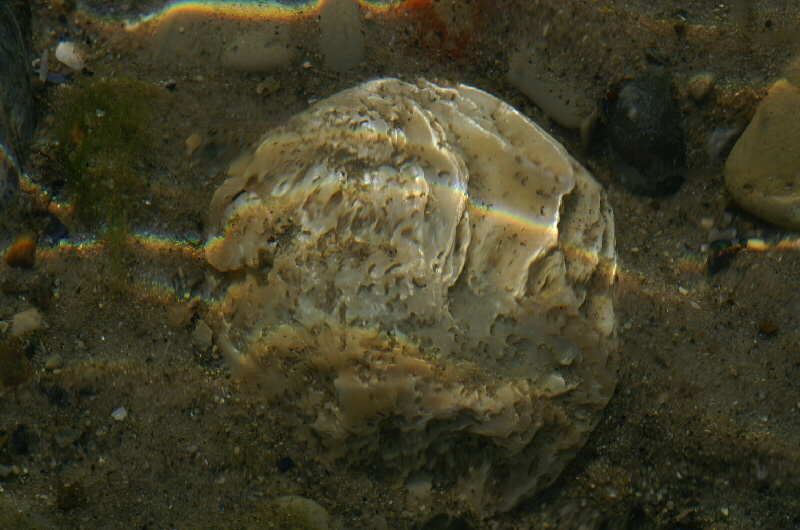
On June 11, 2006, Thorsten Falke and his girlfriend Bärbel Wichmann decided to have a picnic at the south-beach of Düne, a one square kilometer little island in the North Sea and in the neighbourhood of Heligoland.
Even though the picnic basket contained several tasty titbits the sky was even more tempting with its unusual mirages. Ships passing Heligoland and Düne at a distance of 10 km or more appeared somehow "stretched". They looked longer than they really were.

Thorsten and Bärbel are still wondering how this effect come about. The sun was shining the whole day and because there was almost no wind, a warm air layer probably lay above the water surface. They suggest that when a ship is on a course of 45° (for example) towards or away from the observer, the bow of the ship is closer/further to the observer than the stern. This, combined with the warm air layer, may cause the unusual extension/or sometimes shortening of the ship.
The two images are 15s apart. More mirage images
here.
[Text: Thorsten Falke
& Bärbel Wichmann
]
 Continuing on the favorite topic of pollen coronas, here are two rather painstakenly constructed images of pine pollen corona.
Continuing on the favorite topic of pollen coronas, here are two rather painstakenly constructed images of pine pollen corona.



